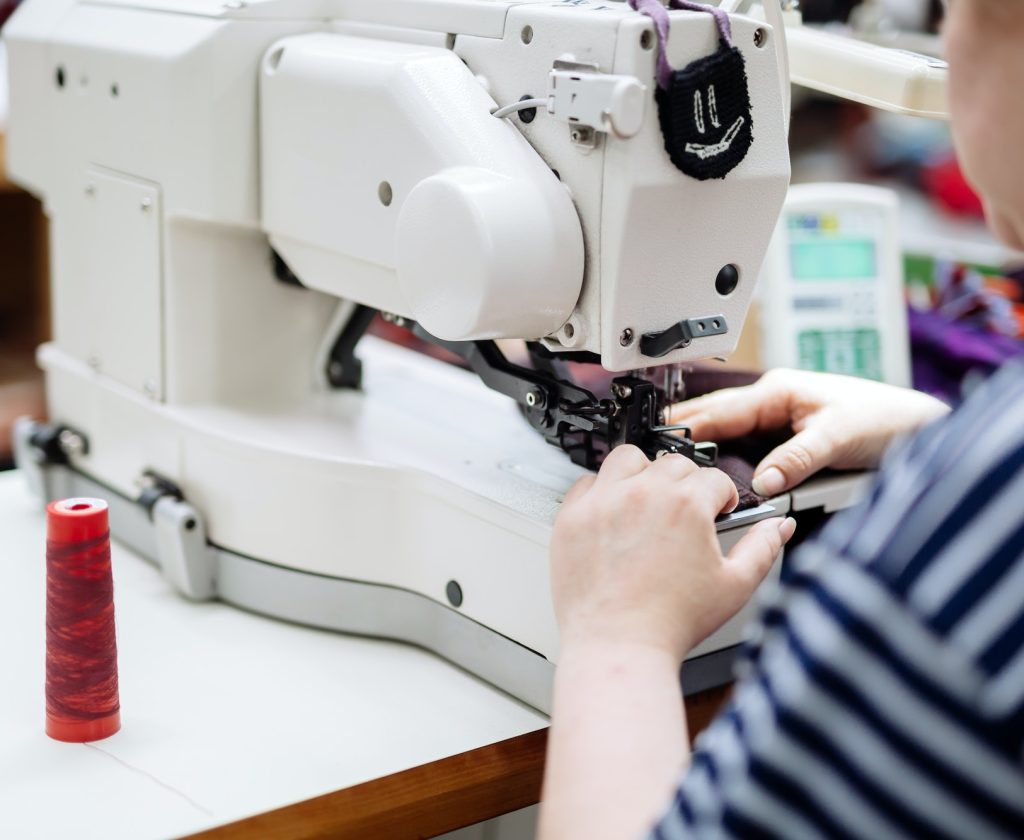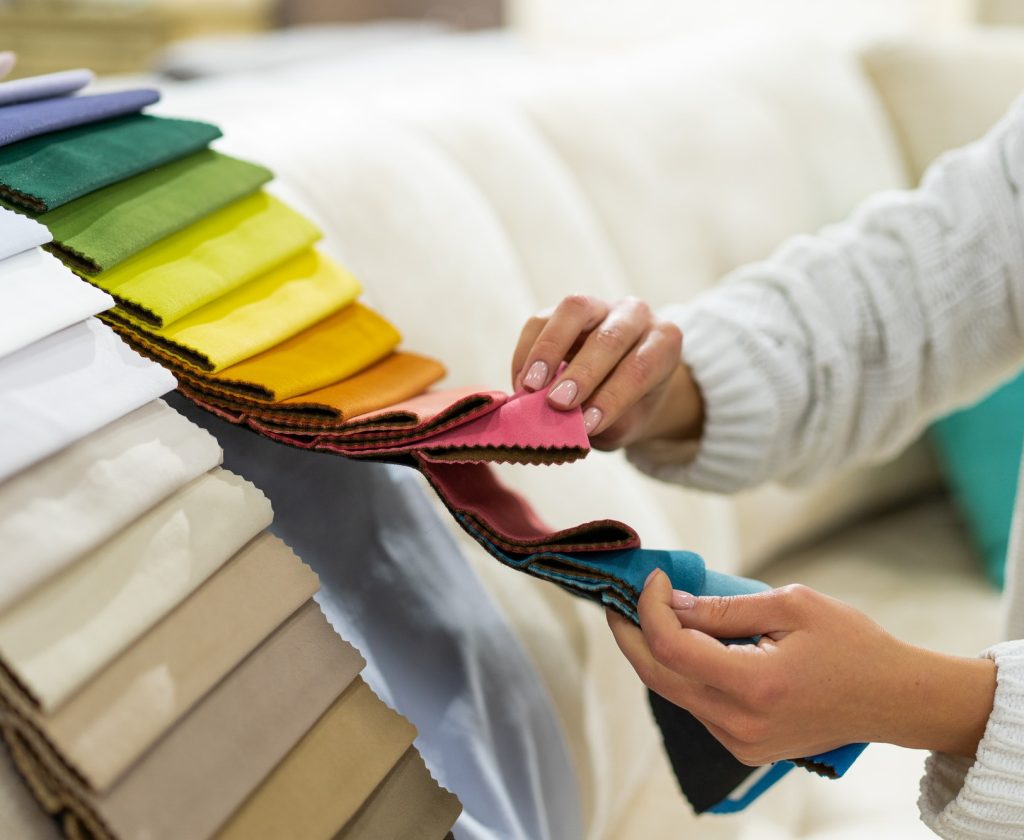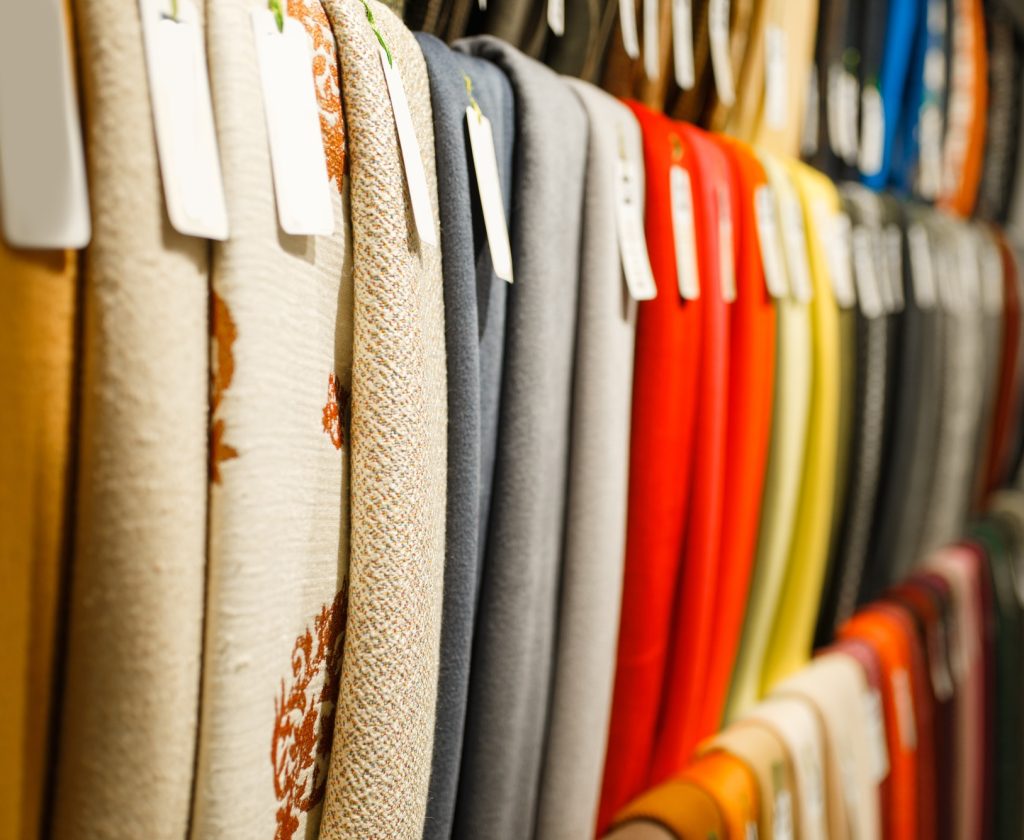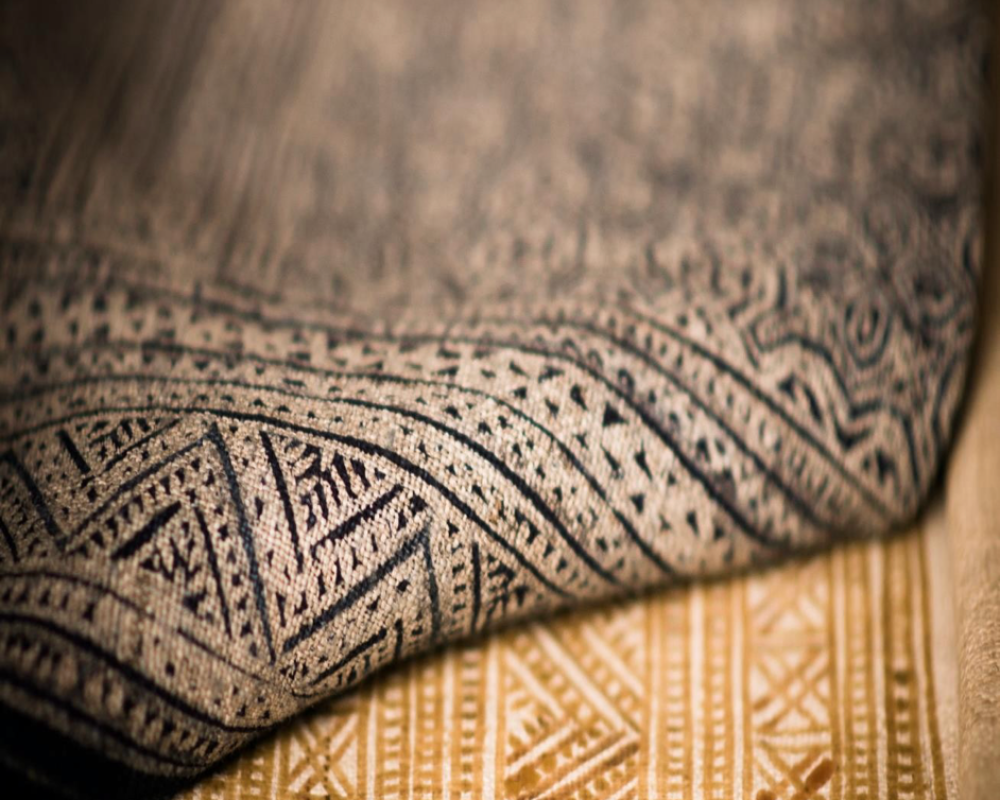Sustainability
Resources

01
Organic Cotton
Grown without synthetic pesticides or
GMOs, it promotes healthy soil and
reduces chemical exposure for workers
and ecosystems. Is grown with rainwater
instead of irrigation, so uses significantly
less water.

02
Recycled Fibres
Repurposing discarded fabrics, ocean
plastic, and water bottles to produce
new textiles like recycled polyester or
cotton. Reduces the need for virgin
resources.

Hemp
Is known for its rapid growth without the
need for much water or pesticides.
03

04
Tencel
Comes from relatively fast-growing
eucalyptus trees in sustainably
managed forests that require no
pesticide or herbicide use. The
chemical solvent used to break down
the wood into pulp is non-toxic, and
more than 99% of it can also be
recovered and reused, making this an
incredibly sustainable closed-loop
process with almost no waste.
05

Flax
Used to make linen, requires less water
and fewer chemicals than other crops
like cotton. Does not require chemical
pesticides or fertilizers.
LET'S SEW SOME GOOD: WE REAP WHAT WE SOW.
Our Mission in Sustainability
It is our honor to respect the histories, customs, labor, and creativity of the hands who created each piece of cloth we carry and to carry on their legacy.

The Reason It Is Important
By sourcing fashion materials that are ethically produced, require less water and chemicals, and entail less energy-intensive production processes, we are dedicated to having a positive impact on the future of our world.
Index of Core Fabrics Sustainability
A five-leaf rating is given to fabrics that meet all stages with the least amount of environmental impact. A four-leaf fabric is still fantastic (like our organic knits created here in Montreal) but finding the ideal five-leaf material is challenging (we’re still searching for a domestically produced linen, for example). Read on to find out more.


Manufacturing
When it comes to our fabric suppliers, transparency and traceability are the cornerstones of our partnerships. We firmly believe that transparency about the entire production process builds a foundation of trust and fosters responsible choices.

